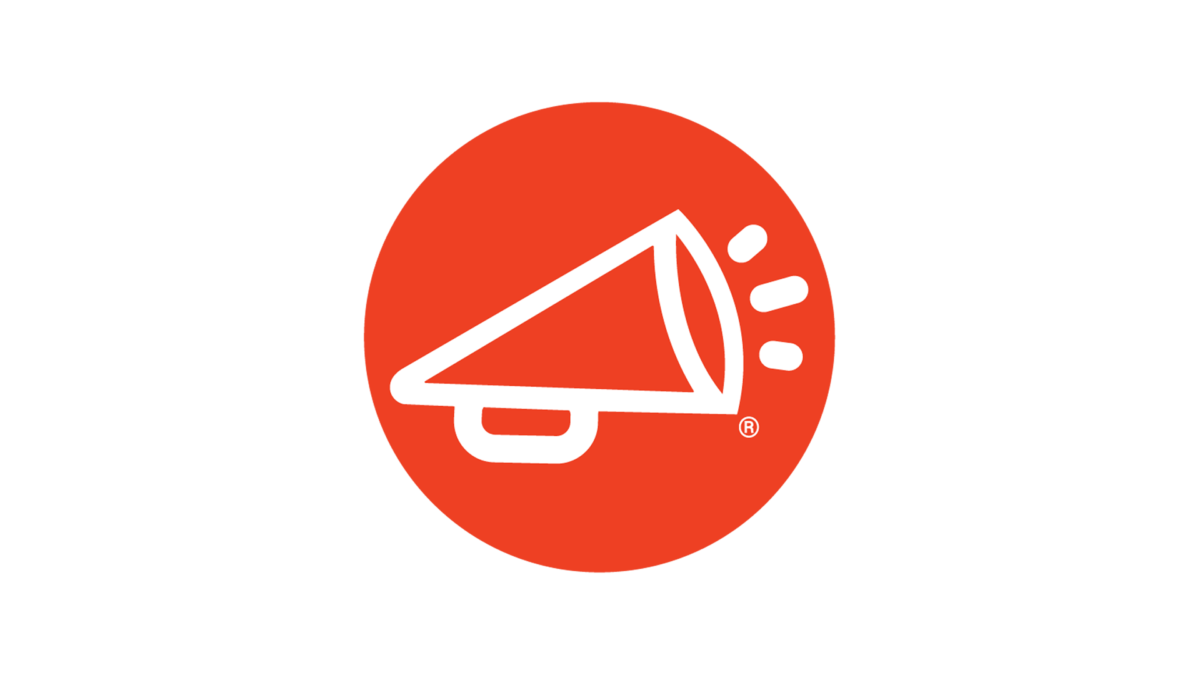
Born between 1997 and 2012, members of Generation Z possess unique characteristics and preferences that are dramatically reshaping not just society but work cultures. Gen Z’s tech-savviness, advocacy for social issues, and high levels of diversity are just a few of the many factors that are affecting workplace dynamics.
With Gen Z on track to make up 30% of the global workforce by 2025, the ability to engage and retain these younger employees will become crucial for long-term business success. In this article, we’ll explore what sets the generation apart from others, what motivates Gen Z in the workplace, and what they expect from employers.
As a culturally diverse generation that came of age during a time of technological advancement and socioeconomic upheavals, Gen Z differs from older generations in many ways. Let’s take a closer look at some of Generation Z’s defining characteristics:
According to Pew Research, 48% of Gen Z individuals are racial or ethnic minorities — a higher ratio than that of Millenials, Gen X, and Baby Boomers. This has molded a generation that has more diverse perspectives and is particularly passionate about inclusivity and sensitivity to others’ differences.
Growing up in an era marked by social and political activism, many members of Gen Z are passionate advocates for social issues like climate change, racial equality, and gender rights. More so than previous generations, Gen Z prefers to work with employers that share their principles and values. Research from Deloitte reveals that 77% of Gen Zers feel it is important to work for a company whose values align with their own.
As digital natives, Gen Z members have only known a world in which the internet exists. The generation’s immersive exposure to digital technology since birth has shaped their expectations for both work and leisure time. Whether tackling a project or shopping online, Gen Zers prefer to have a seamless, tech-driven experience — and preferably one that is personalized and instantaneous.
Passionate about mental health
Members of Generation Z are much more open about their mental health challenges and are more likely to seek treatment or make life changes that prioritize their well-being. This is likely due to both societal stigmatization and the fact that the younger generation has been found to experience emotional distress at a higher rate than previous generations.

Every generation experiences distinct stressors and challenges in the workplace, and Gen Z is no different. Employers need to be aware of these challenges so that they can implement strategies to address them. The following are several Gen Z workplace challenges that HR leaders should be attuned to:
Gallup research reveals that 68% of Generation Z and younger Millennials report feeling stressed at work most of the time. Living through a pandemic and high inflationary economy, as well as having constant access to the digital world, are likely all contributing to this increased stress. High stress levels in the workplace are very harmful for employees and employers alike, as they lead to increased absenteeism, poorer work performance, and higher turnover.
54% of Generation Z and younger Millennials say that they are disengaged at work, a rate that’s slightly higher than older generations. Disengagement is caused by several factors, such as a lack of workplace purpose, inadequate recognition, and stressful work environments. Getting to the root of disengagement is key to boosting engagement, and this underlying cause can vary across generations.
Professional development and workplace fulfillment are incredibly important for Gen Z satisfaction in the workplace. A survey from the Project Management Institute found that more than half of Generation Z and younger Millennial workers are likely to leave their jobs due to a lack of fulfillment, professional development, and mentorship opportunities.
Members of Generation Z are keenly aware of the impact of neurodiversity and mental health on work performance, and many of them grew up receiving school accommodations. As they enter the workforce, these younger workers more frequently expect employers to offer accommodations that take into account unique strengths and weaknesses. This may include work-from-home options, paid mental health days, and written rather than verbal communication methods.

Gen Z’s unique characteristics and workplace challenges must be considered by leadership teams when drafting HR strategies. The following are some key areas for companies to prioritize as they aim to improve satisfaction and retention for younger workers:
Gen Z places a high value on career growth and skill development. In fact, Gen Z cites access to professional development as a top reason for staying with a job. To keep Gen Z workers engaged and loyal to employers, it’s important to provide mentorship, networking, and skill development courses and training. Employers should keep in mind that members of Gen Z particularly appreciate personalized career paths and learning options based on their specific strengths and aspirations.
Gen Z demonstrates a preference for flexible working arrangements, such as hybrid or remote work models and non-traditional working hours. These arrangements cater to Gen Z’s passion for work-life balance and desire for accommodations for neurodiversity and other limitations.
More so than other generations, Gen Z wants to understand how their individual contributions play a role in the company’s larger mission. To foster feelings or purpose, managers should make sure to have open dialogues with their teams about the company’s vision. As they do so, they should clearly delineate the unique role of each team and worker.
Generation Z is passionate about social causes, and they actively seek out employers that share their values. Younger workers are looking for employers that prioritize environmental, social, and governance (ESG) initiatives, such as efforts to reduce pollution and protect human rights. They also seek out employers that have effective diversity, equity, and inclusion (DEI) programs in place to foster inclusivity, fair treatment, and equal pay across all races, genders, and sexual orientations.

Reporting higher rates of stress and negative emotions than other generations, Gen Z prefers to work for employers who genuinely care about their well-being. This can manifest itself in many ways, such as wellness programs, paid mental health days, and flexible working arrangements. It also means fostering an empathetic work climate in which managers check in with workers regularly and express genuine support for their wellbeing.
Gen Z workers are technologically savvy and expect workplaces to invest in advanced technology that automates workflows and improves efficiency. By adopting emerging technologies, businesses not only can realize the benefits of digital transformation but also improve their employees’ satisfaction and productivity.
What motivates Gen Z in the workplace is not just compensation but ongoing recognition of efforts and successes. Whether in the form of verbal appreciation or gifts, recognition tactics help younger workers feel more fulfillment and a greater sense of loyalty to their employer.
Having experienced the Great Recession and a global pandemic at a young age, many members of Generation Z have come to feel a sense of anxiety about the future. To cope with this feeling of uncertainty, the younger generation is heavily reliant on the digital world to stay in the know. Companies need to cater to this preference for transparent communication by ensuring frequent information-sharing and prioritizing both peer-to-peer and leadership-to-employee communication methods.
Generation Z reports the highest levels of loneliness of any generation, which has a direct impact on physical and emotional health. Particularly for companies that have adopted remote or hybrid work models, it’s essential to nurture a sense of community. Facilitating regular in-person and virtual social interactions, such as team-building events, is a crucial way to improve engagement and employee wellness
For tech-savvy young workers who crave connectivity, purpose, and workplace perks, recognition platforms like WorkProud are the ideal solution. Our mobile-first platform facilitates the social recognition and inclusivity that Gen Z craves while delivering rewards that boost motivation. Featuring gamification and social media elements such as likes and point-earning opportunities, WorkProud caters to the digital world that Gen Z knows and loves. The result? Higher workplace engagement, retention, and performance.
With the help of WorkProud, organizations can foster a culture of pride, recognition, and meaning. To learn more about our solution or to try a free demo, click here to contact us.
WorkProud is committed to helping its clients create a unified approach to the employee experience by helping them build cultures of workplace pride. Trusted by millions of users at some of the world’s most recognized employer brands, WorkProud delivers a comprehensive approach to building company cultures that inspire people to be Proud of their Work and Proud of their Company.

Every month, we share news, knowledge, and insight into what we believe is a pretty simple proposition: If you are “proud of your work and proud of your company,” you are more engaged, more productive, and more likely to stay with your company for the long haul.
*By selecting “SIGN UP,” you agree to WorkProud’s Privacy Policy. You may unsubscribe from our newsletter at any time. Please note when unsubscribing: it may take up to 10 business days for your request to take effect.